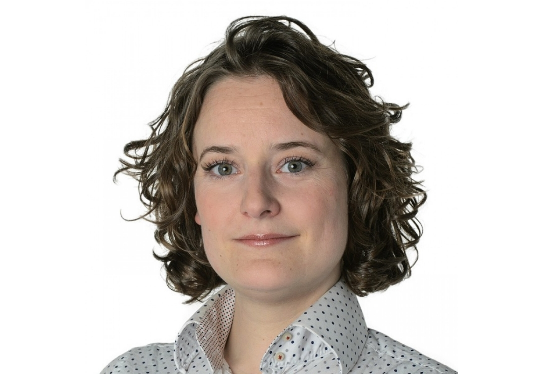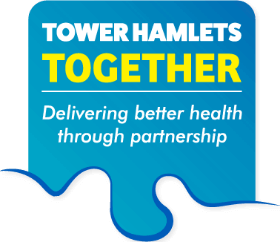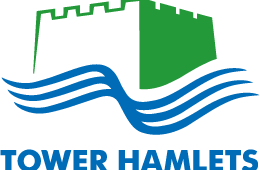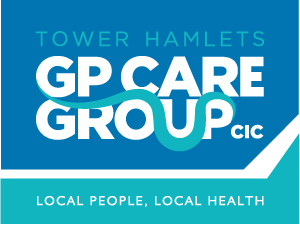Amy's Monthly Briefing - June-July 2021
The borough’s vision of a seamless health and care experience for its citizens.

I'm sorry I didn't manage to get my usual briefing out in June. Like many local people, I was devastated to hear about the sudden death of Cllr John Pierce, who was a very close friend and like an uncle to my two boys, so I took a bit of time out
I'm sorry I didn't manage to get my usual briefing out in June. Like many local people, I was devastated to hear about the sudden death of Cllr John Pierce, who was a very close friend and like an uncle to my two boys, so I took a bit of time out. John was a wonderful person, full of passion for the local community, as the many tributes in the past three weeks have shown.
This month, I'm reporting back on the June and July THT Boards, but first I wanted to say a huge congratulations to everyone involved in the HSJ award win for the outstanding partnership work that delivered the shielding programme for extremely clinically vulnerable children. It's such a huge achievement and a real testament to the hard work, trust and innovation of teams across the partners.
We had two great user engagement slots at our recent Board meetings. In June, we heard about the personal health budgets pilot, which used co-design to develop a new process and support planning tool. It was really positive to see the very practical outcomes of these "digital support plans" for people, to meet their health and wellbeing goals while reducing digital exclusion and isolation.
In July, we had a really impressive presentation from Mominah and Sarina from the Barts Youth Squad. This forum includes 13 to 25 year olds who meet monthly and the group has increased hugely since it went virtual. They've helped Barts to recruit staff and improve guidelines, develop an augmented reality card game that aids choice and design-making, improve policies on CYP admissions and transitions, produce videos on topics including sectioning and involving parents, created tailored advice on COVID19, and deliver the 15 Steps Challenge to test how child-friendly wards are. Their clear messages from young people for the Board were that mental health is just as important as physical health, and transitions from paediatrics to adult care needs significant improvement. They also shared the varied benefits of participating in the Youth Squad for their knowledge, friendships, confidence and career.
The main items in both June and July were our further development sessions on anti-racist leadership, facilitated by the charity brap. In June we interrogated whiteness, which brought to the fore how white is itself a racialised identity, with a profound impact on how we walk through the world. We reflected on our responsibility as white leaders to understand and name this, recognise how we benefit from systemic racism, and have the courage to step in even if we fear getting it wrong. We looked at white fragility - when people are quick to erupt and be defensive - and how the impact on people of colour is not fragile, but a form of white racial control. My big take away was that to move forward, we must write down what has stopped us from knowing what to do about racism - and this is your map for action. This video is a really powerful summary.
July focussed on systemic racism and we looked at inequities in maternity outcomes as a case study, to understand how it is showing up in health and care systems. Themes we identified included white dominated spaces with white bodies taken as the default; black and brown people not being listened to or believed, further damaging trust; "standard” care not accommodating diverse needs; interpersonal interactions shaped by bias, stereotypes, micro aggressions; the workforce not being representative, and even when it is whiteness can dominate culture; denial, defensiveness, rationalisation – not taking responsibility and blaming the victim.
We started to talk about how as a Board we can create the conditions for culture change, with visible collective commitment to anti-racism and honesty about where we are now; shifting the tone and parameters of the conversation; daily micro-affirmations of anti-racist practice and challenges to stereotypes and bias; creating safe spaces for all staff to discuss issues and raise concerns without defensiveness, blame or shame. We concluded with a strong call to action from brap that multiple micro changes can add up to systemic change - we need to "think relationally and act systemically". Our final session with brap in October will focus on the concrete steps we need to take, individually and collectively, to deliver anti-racist leadership throughout the partnership.








